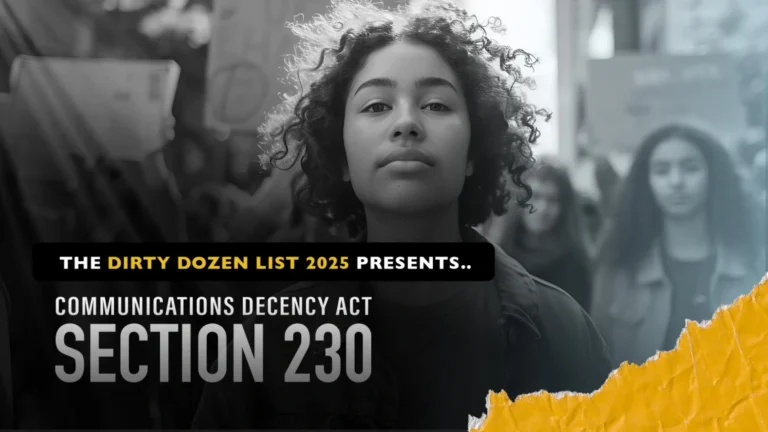The sex trade is fundamentally predatory.
Systems of sexual exploitation (e.g. strip clubs, illicit massage parlors, legal brothels, online prostitution websites, etc.) operate using a business model that feeds off of people’s vulnerabilities and traumatic events such as childhood sexual abuse, child sex trafficking, child neglect, sexual abuse within the foster care system, homelessness, and economic insecurity. These adverse experiences are often compounded by additional marginalization and vulnerabilities created by young age, racial and gender discrimination, learning disabilities, and/or immigrant or indigenous minority status. Pimps (the functional equivalents of sex traffickers) and sex buyers exploit these vulnerabilities for their personal gain—pimps for profit, sex buyers for personal sexual gratification.
People caught up in systems of sexual exploitation experience myriad forms of physical violence and psychological harm that cause acute trauma whether they were sexually trafficked into the sex trade or not. Neither regulation or full decriminalization of the sex trade, eradicates this trauma. All systems of sexual exploitation depend upon past physical and psychological trauma, and ensure their future manufacture.
Sexual Exploitation in the Context of COVID-19/SARS-CoV-2
As with natural disasters and humanitarian emergencies, the novel coronavirus pandemic of 2020 creates new “opportunities” for sexual exploiters as well as increased peril for the vulnerable and those already experiencing sexual exploitation.
Seizing on the economic insecurity and job losses experienced by many in times of crisis, sex traffickers will step up their recruitment tactics—luring vulnerable women, children, as well as men and transgender persons, with promises of financial security through prostitution.
Those currently involved in the sex trade also face significant dangers. For instance, prior to an intervention by the state’s governor, Nevada brothel owners said they would be continuing their “operations” despite the national call for social distancing. That’s right: rather than suspend their exploitative businesses in the face of a deadly virus, brothel owners callously attempted to continue their exploitation by promising handwashing, hand sanitizers, daily temperature checks, and a reduction in the number of bar stools as their primary response to the public health threat. The irony of such a “regimen” in this context is glaring. Fortunately for the victims of these exploitative Nevada “businesses,” the state’s attorney general has directed that financial support be made available to help those who are in systems of prostitution and sexual exploitation in Nevada brothels and strip clubs and who are being impacted by the COVID-19 shut down.
Further, while it may seem counterintuitive that sex buyers would risk purchasing sex amid the COVID-19/SARS-CoV-2 pandemic, there are reasons to believe that some will continue to seek people to buy for sex despite the health risks.
First, some individuals are compulsive sex buyers, meaning that they have great difficulty controlling their sex buying behavior. The added stress created by the pandemic, may cause these individuals seek to purchase someone for sex more often, rather than less. Second, despite the risks posed by HIV/AIDS and a host of other sexually transmitted infections, millions men the world over still purchase people for sex. So, will the risk of contracting COVID-19 stop men from buying people for sex? We don’t know the exact answer to that question at this time. But if history is any indication, then there is good reason to believe that many men will continue sex buying.
That said, for a number of individuals in the sex trade the need to practice social distancing will likely result in further economic insecurity—the very thing that brought many of them into the sex trade in the first place. Will they find the help and resources they need to stop prostituting, or will they feel compelled to trade sex in order to obtain the necessities of life?
As a society we must not allow COVID-19 to infect us with the calloused notion that these kinds sexual predation and vulnerabilities can be redefined as “survival sex.” Prostitution is not a substitute for a robust safety net of resources and services for vulnerable individuals.
Thus, we are calling on our elected officials, social service agencies, and anti-trafficking organizations to work together to ensure the creation of strong social supports for both those vulnerable to sexual exploitation and those already within the sex trade. You can add your voice to this call to action by sending an email to your elected officials by completing the easy-to-use form below.


